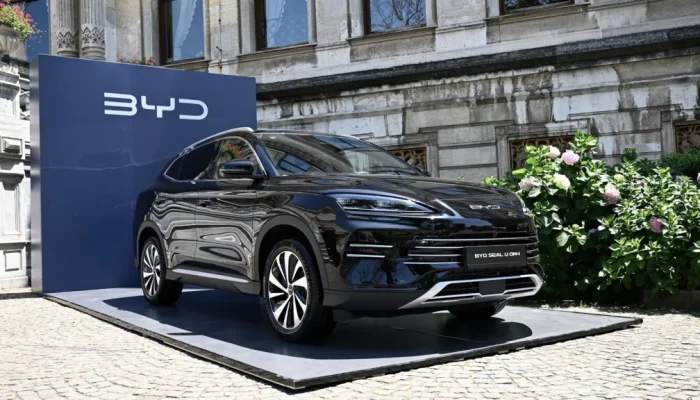China’s EV industry has reached a significant milestone, with BYD, a major player, surpassing Tesla in quarterly revenue for the first time. This achievement, marked by a record-breaking revenue of over 200 billion yuan ($28.2 billion) between July and September, a 24% increase from the same period last year, signals a significant shift in the global EV competition.
Despite BYD’s revenue lead, Tesla still holds the upper hand in EV sales volume. Yet, the financial boost signals a broader trend where revenue dynamics are shifting as new factors like regional subsidies, market expansion, and manufacturing costs come into play. A crucial part of BYD’s revenue surge is rooted in the robust demand for EVs within China, the world’s largest auto market. Chinese consumers, increasingly conscious of the environment and encouraged by both affordability and governmental support, including generous subsidies to reduce reliance on fossil-fuel vehicles, are driving this shift.
Government Policies Fuel BYD’s Ascent:
China’s proactive stance on EV adoption, backed by a series of subsidies and incentives, has been instrumental in BYD’s recent growth. The implementation of a national subsidy for trading older vehicles for greener alternatives, which has seen over 1.57 million applications, is a clear example of this support. These incentives not only support domestic EV manufacturers but also align with China’s vision to lead the world in high-tech, sustainable products.
With such support, companies like BYD have rapidly innovated and scaled production, allowing them to offer competitive prices in both domestic and international markets. These lower prices make Chinese EVs more attractive in overseas markets, posing a challenge to foreign automakers. Consequently, the European Union (EU), a key overseas market for Chinese EVs, has implemented tariffs of up to 45.3% on imported Chinese-made EVs, aiming to level the playing field for European automakers who cannot match the lower prices driven by Chinese subsidies. Similarly, North American markets have imposed significant tariffs, leading to an increasingly complex global EV trade landscape.
The Road Ahead for Global EV Competition:
The rapid expansion of Chinese EV brands in foreign markets, led by BYD, has stirred economic concerns among traditional automaking powerhouses. This trend, coupled with China’s sustained support for its EV industry, illustrates how companies like BYD are dominating domestically and making significant inroads internationally. The rise of BYD and similar manufacturers is a clear sign of the changing global EV landscape.
BYD’s record-breaking revenue growth highlights the transformative potential of EVs within the broader automotive market and China’s role in shaping this future. However, as governments worldwide respond to China’s aggressive EV growth with protectionist policies, the industry may witness increased competition and regulatory challenges. This dynamic environment will likely impact prices, production strategies, and, ultimately, the consumer landscape for EVs globally.




